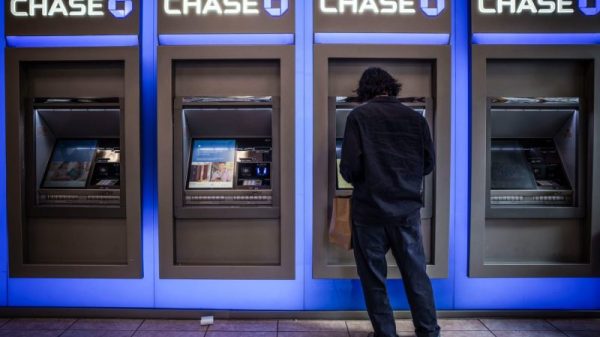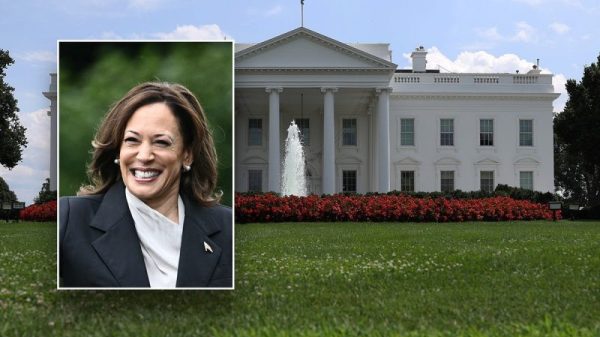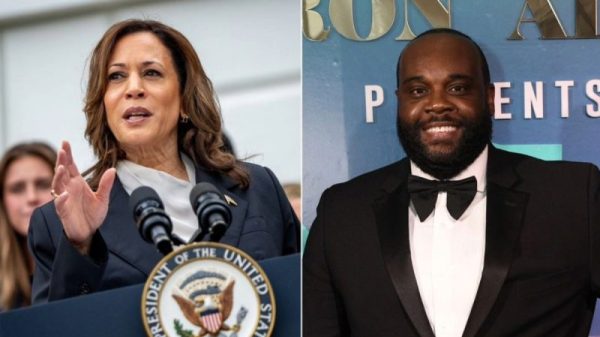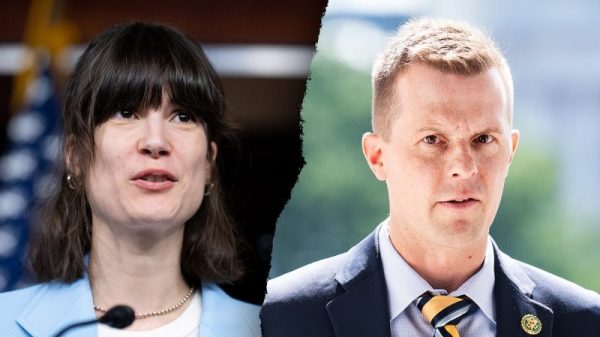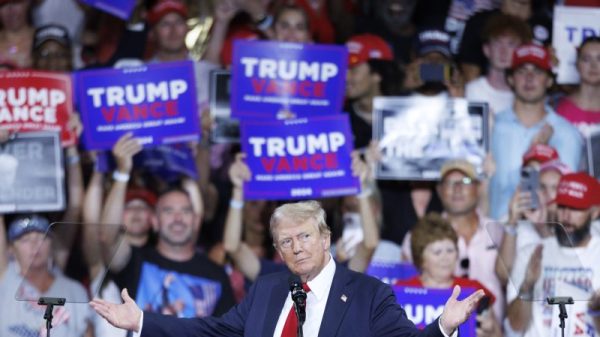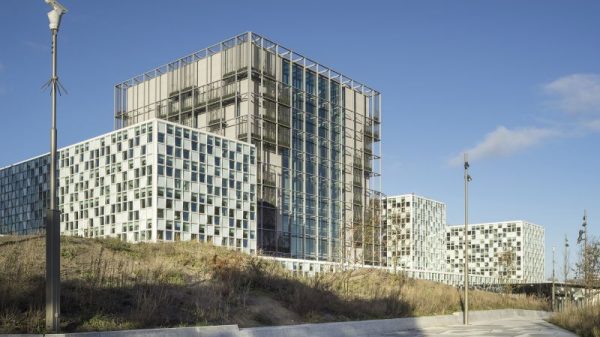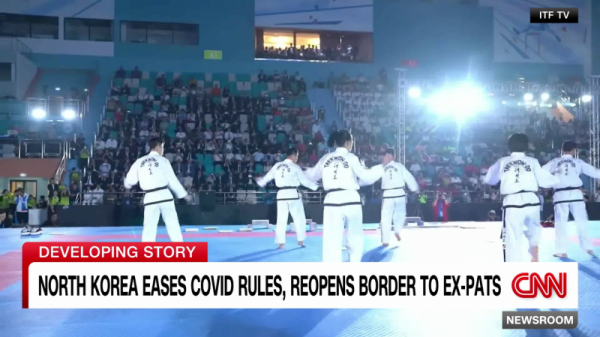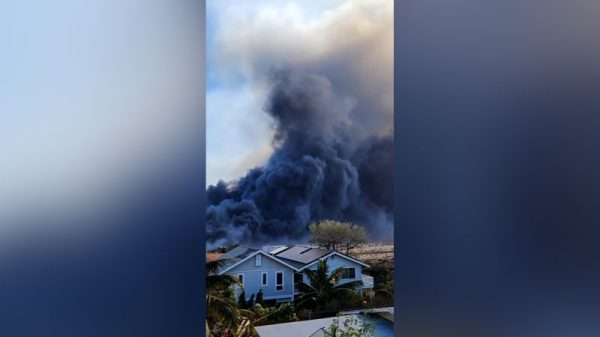After he was charged in June with mishandling national security papers, former president Donald Trump asked to be allowed to discuss classified evidence in the case right where he allegedly had kept the documents: at Mar-a-Lago, his Florida home and private club.
On Wednesday, the federal judge overseeing the case appeared to tell him no.
U.S. District Judge Aileen M. Cannon issued a 16-page protective order granting prosecutors’ request for a set of rules about how classified information and documents should be handled in the case — rules that conform to the general practice of federal courts.
Government lawyers had fought Trump’s request to be allowed to discuss classified information at Mar-a-Lago. And while Cannon’s ruling does not explicitly reject it, she sided with the government and spelled out procedures that are unlikely to allow the creation of a sensitive compartmented information facility, or SCIF, at the lavish estate in Palm Beach.
Trump has been charged by the Justice Department with dozens of counts of mishandling highly sensitive documents at his home after the end of his presidency — and plotting with two employees to thwart government efforts to recover the documents. He has pleaded not guilty.
The former president also has denied wrongdoing in three other indictments: federal charges in D.C. and state charges in Georgia of trying to obstruct the 2020 election, and state charges in New York of falsifying business records in connection with hush money payments during the 2016 presidential campaign.
Federal courts have complicated procedures for handling cases involving classified information, including the appointment of a classified information security officer, who is tasked with making sure that lawyers in the case have access to national security information and handle it carefully.
That security officer, Cannon ordered Wednesday, “shall establish procedures to assure a SCIF is accessible during business hours to the defense, and at other times upon reasonable request as approved by the CISO in consultation with the Court and United States Marshals Service.”
SCIFs that are made available for such defense discussions are often located in or near federal courthouses, but Cannon’s order doesn’t specifically say where the SCIFs for the Trump trial will be.
Her ruling says Trump’s lawyers “possess at least interim security clearances” permitting them to have access to some of the classified evidence in the case. “Once counsel receive final clearances, they will promptly receive additional read-ins, at which time they will also be able to access” additional types of classified information, the judge wrote.
Cannon imposed different conditions on what classified information can be shared with Trump and his two co-defendants — Waltine “Walt” Nauta, the former president’s longtime valet and personal assistant, and Carlos De Oliveira, the property manager at Mar-a-Lago.
Her order says Trump’s lawyers can share classified information with the former president unless prosecutors tell his legal team “when providing the information that it will be moving the Court for an order to prohibit the classified information from being disclosed to Defendant.” That instruction gives prosecutors the option of asking that some evidence be kept off-limits to Trump.
For Nauta, the limitation on classified evidence is stricter, at least at the outset, saying that prosecutors agree only to disclose to him an unredacted version of a photo that was partially redacted in the indictment because it shows a classified document.
Nauta is charged with moving boxes at Trump’s request to try to conceal from government agents how many classified documents the former president still possessed. Nauta has pleaded not guilty.
Any future sharing of classified information with Nauta “shall be governed by subsequent order,” Cannon wrote.
For De Oliveira, the judge ordered that any future disclosures of classified information will be governed by specific court orders. Prosecutors allege that De Oliveira helped Trump try to cover up the mishandling of national security papers. De Oliveira has pleaded not guilty.






